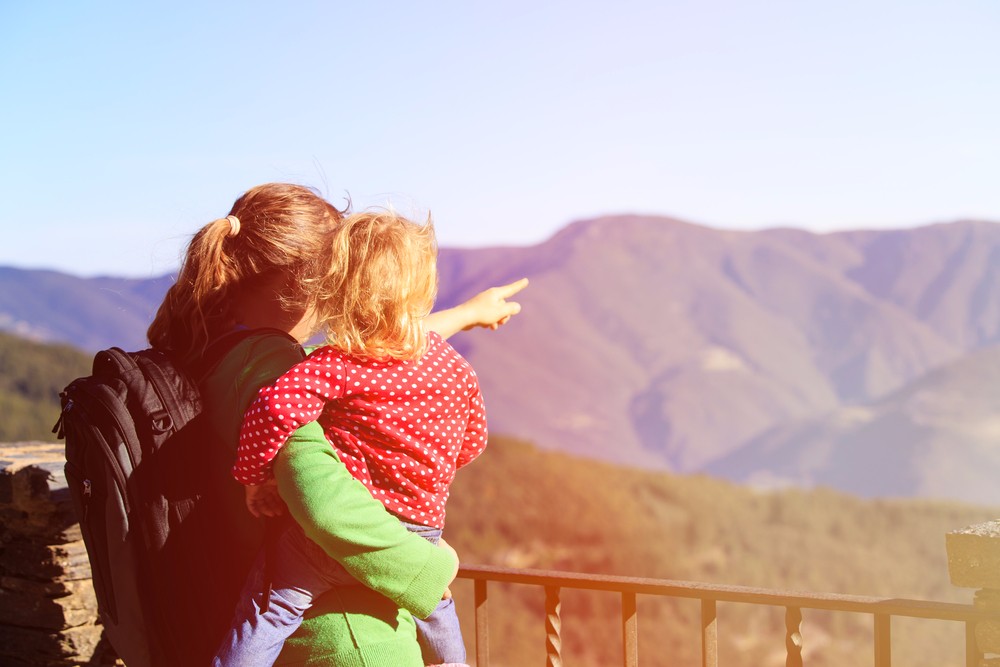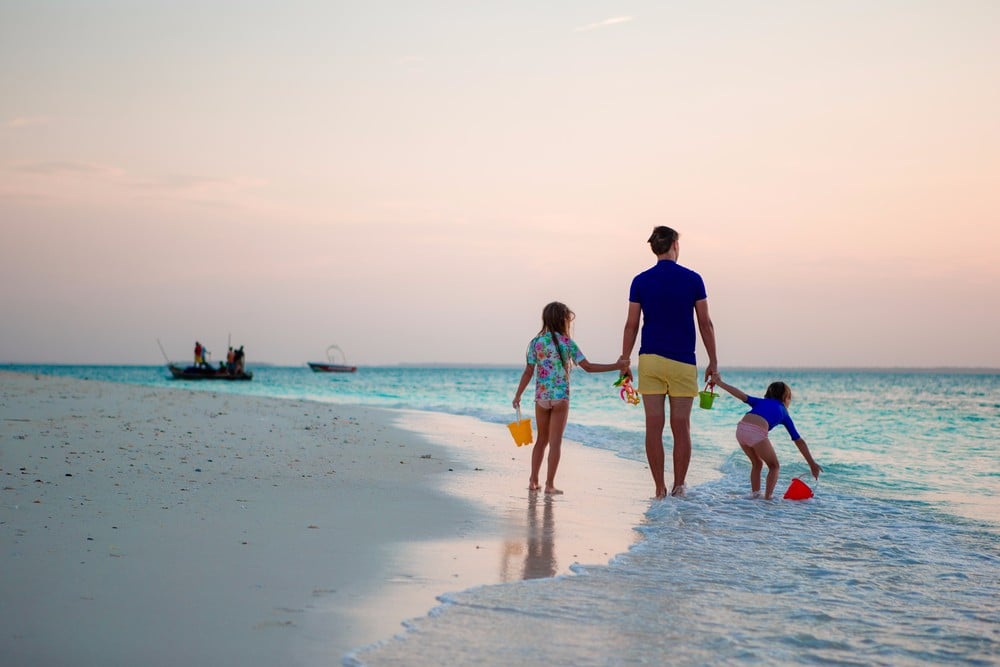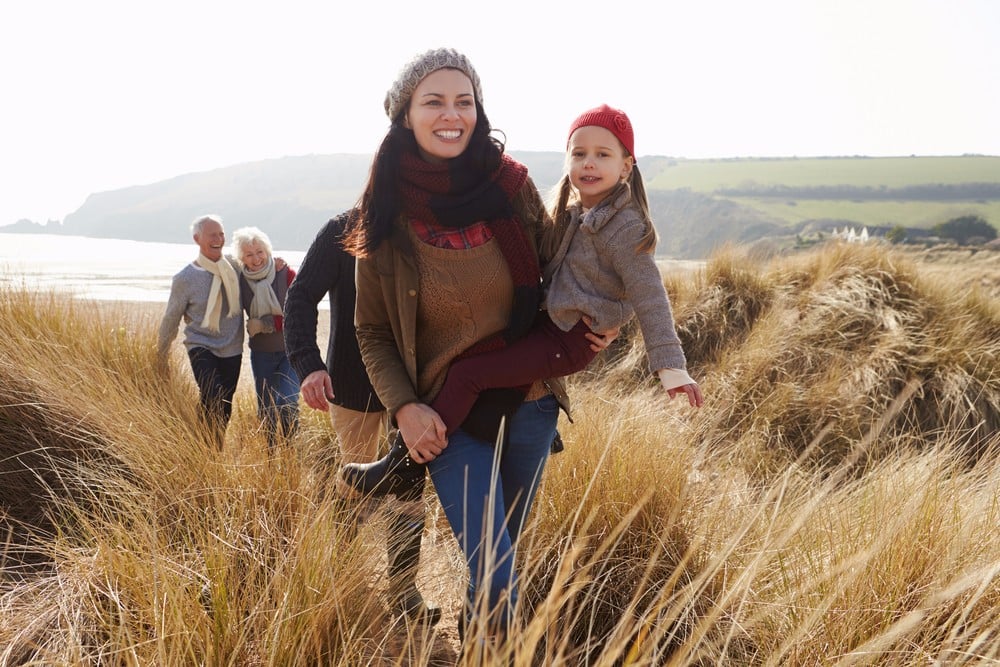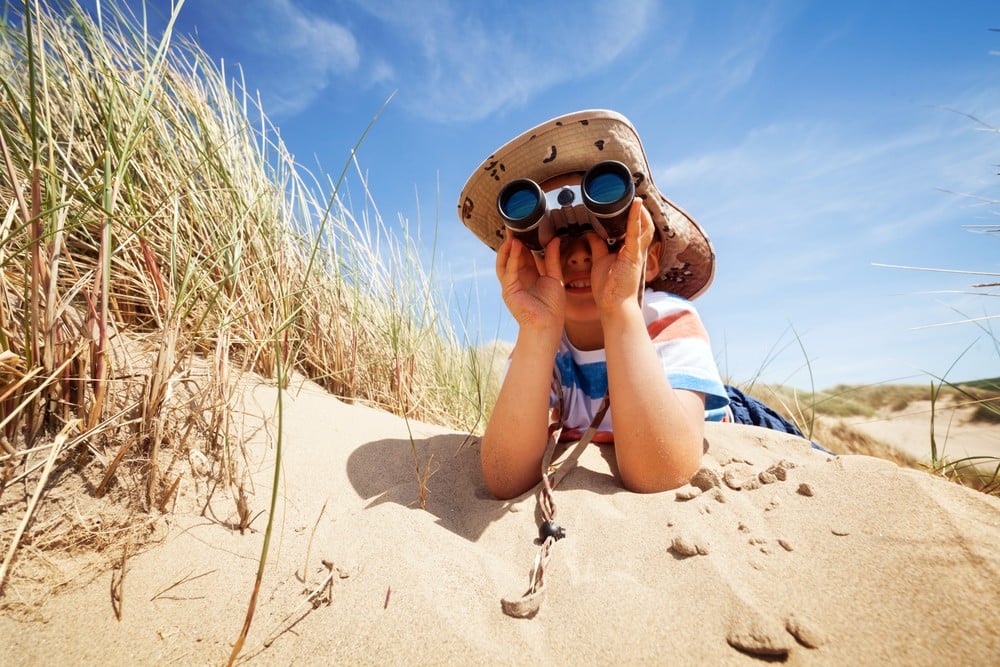Discover nature, experience cultures, enjoy culinary diversity and, above all, simply escape from the every day environment. Travelling triggers all our senses. And especially for the development of children, these new influences are extremely important. In an interview with the English Telegraph, the psychologist Oliver James recently pleaded to spend less money for toys and to invest more in traveling with children.

Travelling with kids – an investment in future
While children’s toys often lose their appeal shortly after being bought, travel and holidays offer long-lasting happiness, says Oliver James. Children will enjoy both the moment of the trip, as well as the memories for many years, or even the rest of their lives. Just as we adults. Another factor is the positive effect on the development of kids, which is often not directly tangible, but is all the more important.

The right type of holidays with children
One of the biggest mistakes parents make, according to James, is the assumption that children are interested in the same things as adults are on holiday. High culture, for example, is something that children usually experience as rather boring. Through the eyes of a child, one of the most exciting cultural differences may be the fact that in France Orangina is sold instead of Fanta. In general, especially the relaxed and playful approach to the new impressions is very important for children. Nothing has to be forced. The focus should be fully on the common moments. So the mobile phone can just stay in the hotel, dear parents 😉

Short trips have a positive effect too
It does not always have to be the 2 week holiday in the Caribbean. Even a nice weekend trip to the coast can have very positive effects. The main thing is to spend nice moments together, laughing and not taking life as serious as it often seems.

Travelling supports the level of intelligence of children
In another interview with the Telegraph, Dr. Morgot Sunderland explains that when traveling with children, certain areas (the play and seeking system) in the brain are activated and trained, which are much less active at home. The play system is activated, for example, when children feel the sensation of sand under their feet, splashing with their parents in the pool, or even bouncing on dad’s back across the beach. The seeking system is activated for instance, as soon as children discover new things in nature. Both triggers are very important for children’s cognitive development.
So what’s left there to consider? Go and have an amazing time with lots of great memories! And even more ice cream;)
[embedyt]https://www.youtube.com/watch?v=cdHNLhRwALY[/embedyt]



